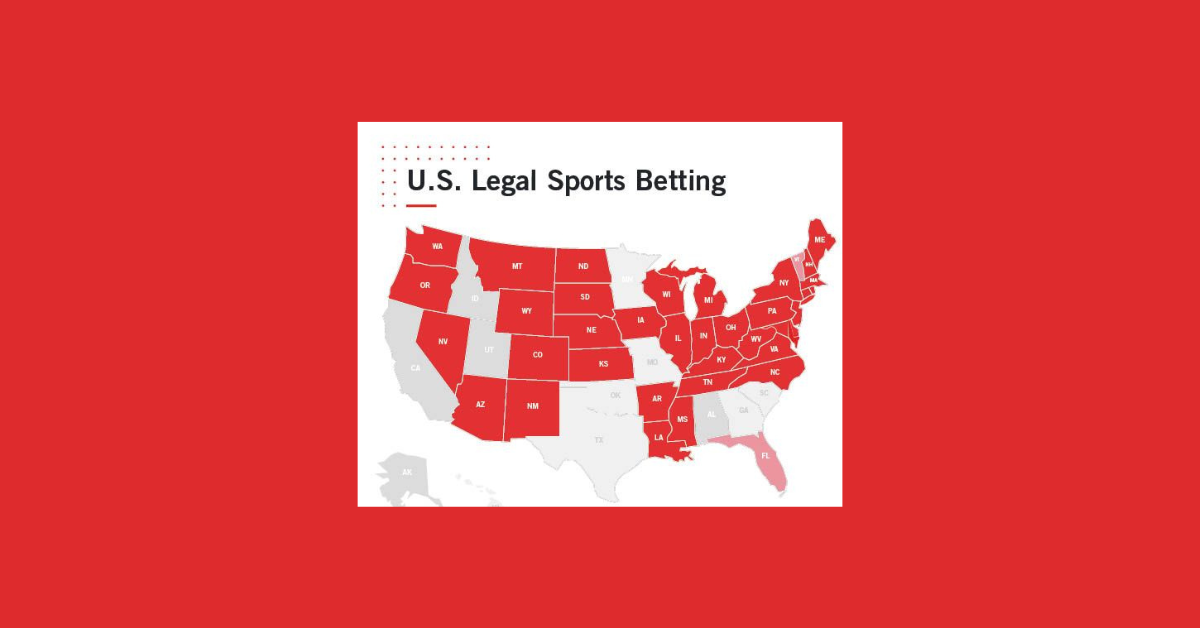Overview of Sports Betting Regulations in the US
Sports betting regulations in the United States are a complex web of federal and state laws that govern the industry. Since the repeal of the Professional and Amateur Sports Protection Act in 2018, individual states have been given the authority to legalize and regulate sports betting within their borders. This has led to a patchwork of regulations across the country, with some states embracing the industry fully and others taking a more cautious approach.
As a result of the decentralized nature of sports betting regulations in the US, each state has its own set of rules and oversight mechanisms in place. While some states have opted for a fully regulated market with multiple licensed operators, others have chosen to limit the number of available licenses or implement stricter rules to protect consumers. This diversity in regulations has created both opportunities and challenges for operators looking to enter the US market.
Federal Laws Impacting Sports Betting
The primary federal law that impacts sports betting in the United States is the Professional and Amateur Sports Protection Act (PASPA) of 1992. This legislation effectively banned sports betting in most states, with exemptions for Nevada, Oregon, Delaware, and Montana. However, in 2018, the Supreme Court struck down PASPA as unconstitutional, opening the door for states to legalize sports betting.
In addition to PASPA, the Federal Wire Act of 1961 also has implications for sports betting. Originally enacted to target organized crime and prohibit certain types of betting over telecommunications systems, the Wire Act has since been interpreted to apply to all forms of interstate online sports betting. The Department of Justice issued a revised opinion in 2019, which further clarified the Wire Act’s reach and potential impact on sports betting operations.
State-by-State Legalization of Sports Betting
As of 2021, sports betting has been legalized in over half of the states in the US. Each state has its own set of regulations and guidelines regarding sports betting, including whether it is permitted online, in-person, or both. Some states have opted for a more restrictive approach, allowing only physical sportsbooks to operate, while others have embraced online betting platforms.
The legalization of sports betting on a state-by-state basis has led to a significant increase in revenue for many jurisdictions. States that have implemented sports betting have seen an influx of tax revenue from licensing fees and betting activity. Additionally, the legalization of sports betting has created new economic opportunities, including job creation and increased tourism in some regions.
Regulatory Bodies overseeing Sports Betting
In the United States, the regulation and oversight of sports betting are mainly carried out by different regulatory bodies at both federal and state levels. These regulatory bodies play a crucial role in ensuring the integrity of sports betting activities, protecting consumers, and upholding the law. Each regulatory body is responsible for enforcing rules and regulations related to sports betting within its jurisdiction, overseeing licensing processes, and monitoring operators to ensure compliance with the law.
At the federal level, the primary regulatory body overseeing sports betting is the United States Department of Justice (DOJ). The DOJ is responsible for enforcing federal laws that impact sports betting, such as the Wire Act and the Illegal Gambling Business Act. Additionally, the Federal Trade Commission (FTC) plays a role in preventing anti-competitive practices in the sports betting industry. On a state level, each state with legalized sports betting has its own regulatory body, often a gaming control board or commission, tasked with overseeing and regulating sports betting activities within the state. These state regulatory bodies issue licenses to operators, conduct background checks, and enforce rules to ensure fair and responsible sports betting practices.
Online Sports Betting Laws in the US
Online sports betting laws in the US vary significantly from state to state. With the rise of online sports betting, regulations are constantly evolving to ensure fairness and consumer protection. It is crucial for bettors to stay informed about the specific laws and regulations in their state to avoid any legal issues.
One of the key aspects of online sports betting laws in the US is age restrictions. In most states, bettors must be at least 21 years old to participate in online sports betting. This is to prevent minors from engaging in gambling activities and to promote responsible betting practices. Bettors are typically required to verify their age and identity before being able to place bets online.















